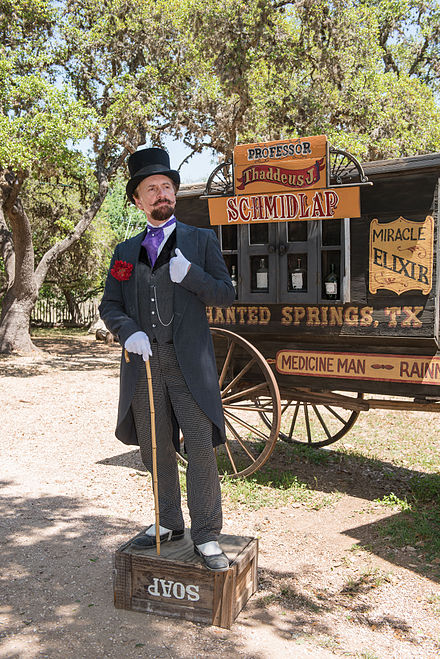 Reader Joyce Garner nominated this term she’d found in The Atlantic, one of my favorite periodicals. While I could not find the reference, the term itself is as simple to use as it is recent.
Reader Joyce Garner nominated this term she’d found in The Atlantic, one of my favorite periodicals. While I could not find the reference, the term itself is as simple to use as it is recent.
The OED lists first recorded usage in 1915. London is certainly a conurbation, or aggregation of urban areas. Ditto greater New York. So is Madrid, where I lived in Tetuan, a small town swallowed whole by the metropolis. Closer to home, one thinks about parts of Tidewater, where Chesapeake runs into Norfolk, or how Richmond and the old city of Manchester south of the James merged to become the conurbation we call metropolitan Richmond.
“Sprawl” does not have the same sense; suburban areas are not the same as urban ones, save in New-Urbanist dense development. Nor would the sprawl of one city quite capture that idea of conurbation.
I used to fret that the planet would be covered by conurbation, back in the 80s when SF writer William Gibson invented “the BAMA Sprawl,” or Baltimore-Atlanta Metropolitan Axis, for Neuromancer and the books that followed.
While sprawl continues today, longer-term population trends are downward, globally, and they were before COVID-19. In 100 years, whatever evil climate change brings to our coasts and daily lives, we may be coping with a new issue: lots of vacant areas in our conurbations.
Perhaps they’ll become parks or gardens, as the global populace shrinks to a size less harmful to our ecosystem.
Come what may, send us words and metaphors to feature here. See all of our Metaphors of the Month here and Words of the Week here.
Image of East Coast conurbations at night, as seen from the International Space Station, courtesy of NASA.







